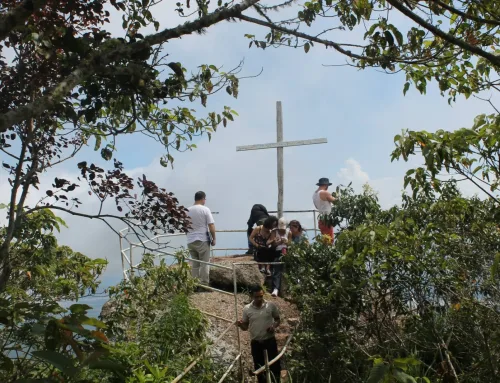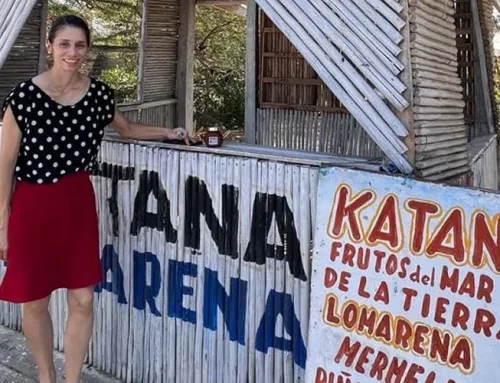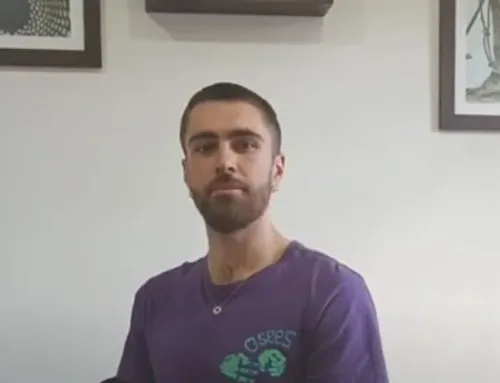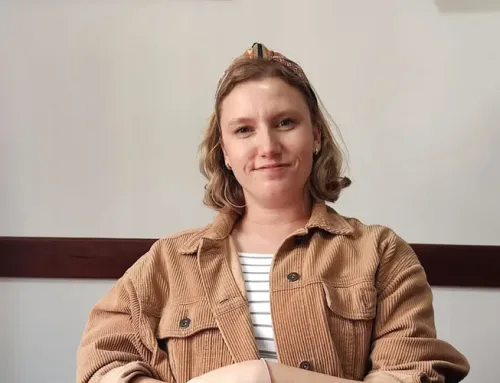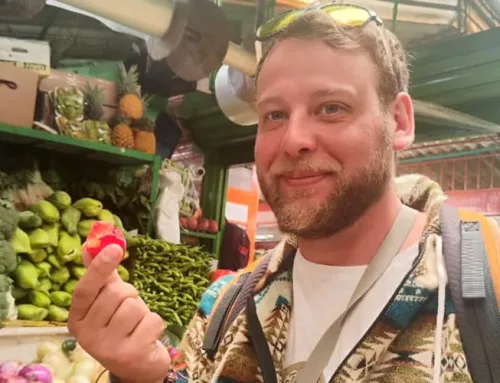Katherine Mann is an American student, from the University of Cambridge in England, who has come to Colombia for two reasons: firstly to learn the language, and secondly to do her doctoral work on gender-based violence during the Colombian armed conflict.
Her area of interest is the experiences of women within the processes of violence. Talking about gender has been something almost natural for her, but one of the phenomena that generates her most curiosity is to understand why certain groups and certain territories experience marked processes of inequality, while others do not. She seeks to understand how ideology and socialization can influence or change these kinds of events. For this reason, Colombia is an ideal field of study for her.
According to Katherine, Colombia is one of the most striking countries to carry out this kind of social studies: on the one hand, given the recent armed conflict, and on the other, due to the 2016 peace process and the great activism led by women in the country. In addition, there are many investigations and organizations that have worked and continue to work in favor of all these social processes.
Katie considers that one of the causes that led her to become interested in the processes and social realities that humanity lives every day was the way in which she was raised by her parents, both doctors who always talked to their children about the various problems that crosses humanity. At the age of 17, Katherine had the opportunity to go volunteer in China, and as she said, “It was the first time I was able to get out of my bubble, out of my home in Georgia, and see how big the world was. community and how they were basically supported by the government; Thus, for me it was more interesting to talk to people, to know more about their access to education and health”. Getting out of her house made her realize how big the world is, how many problems arise in it, and that it is everyone's responsibility to face them.
Regarding language learning in the field of social processes, Katie considers that language, education, dialogue and conversation are fundamental tools for any transformation process, and end up being the ways through which social actors they report on conflicts and, in this way, manage to transform them. This is how we learn Spanish in Nueva Lengua: through cultural immersion and activities that involve us with local communities.
One of the biggest difficulties for Katie during her learning Spanish has been the conjugation of the verbs in each person and tense. However, this is something that has made her conceive the magnitudes of time differently, which has helped her define how she wants to tell her stories in her doctoral thesis.
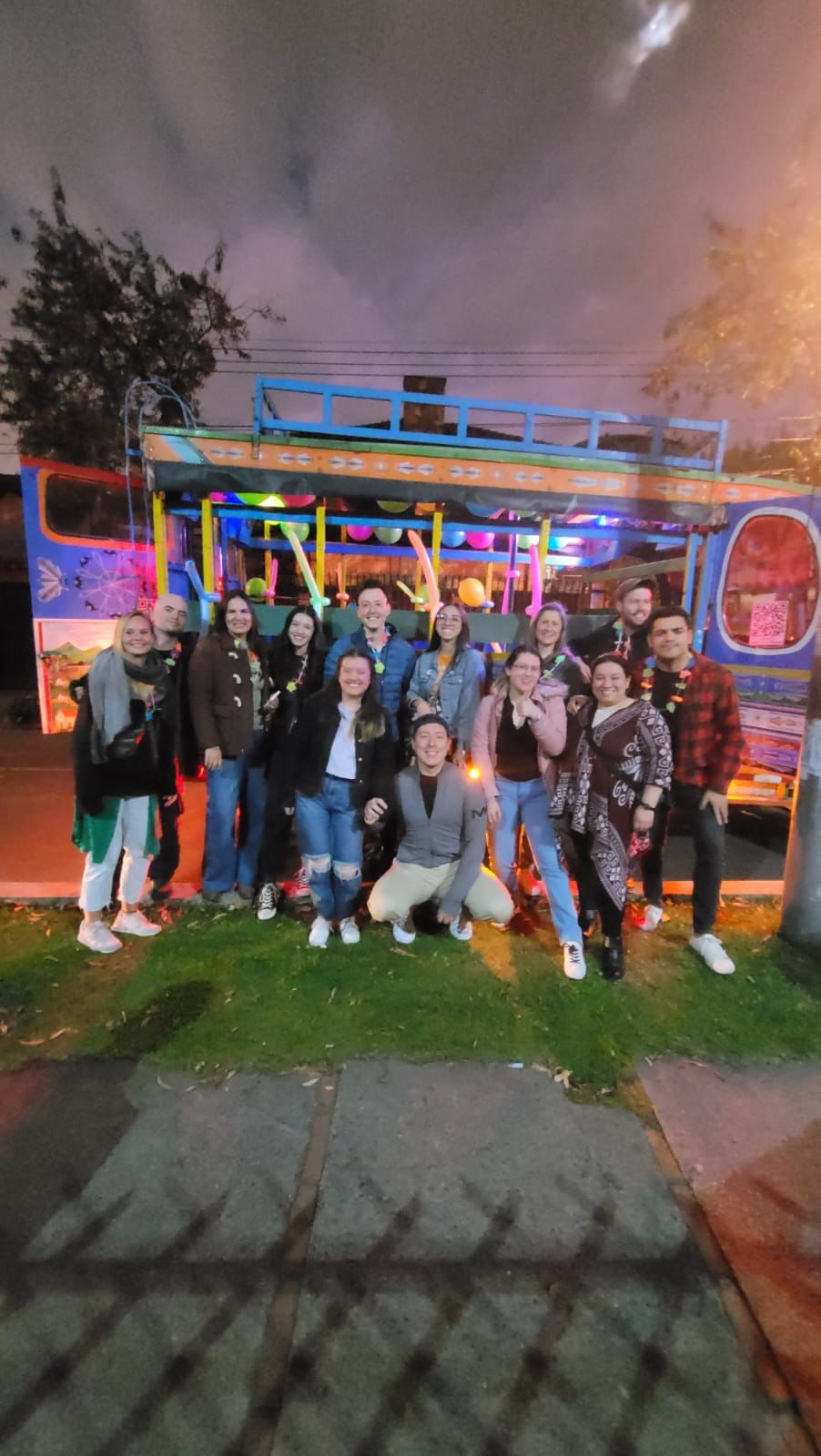
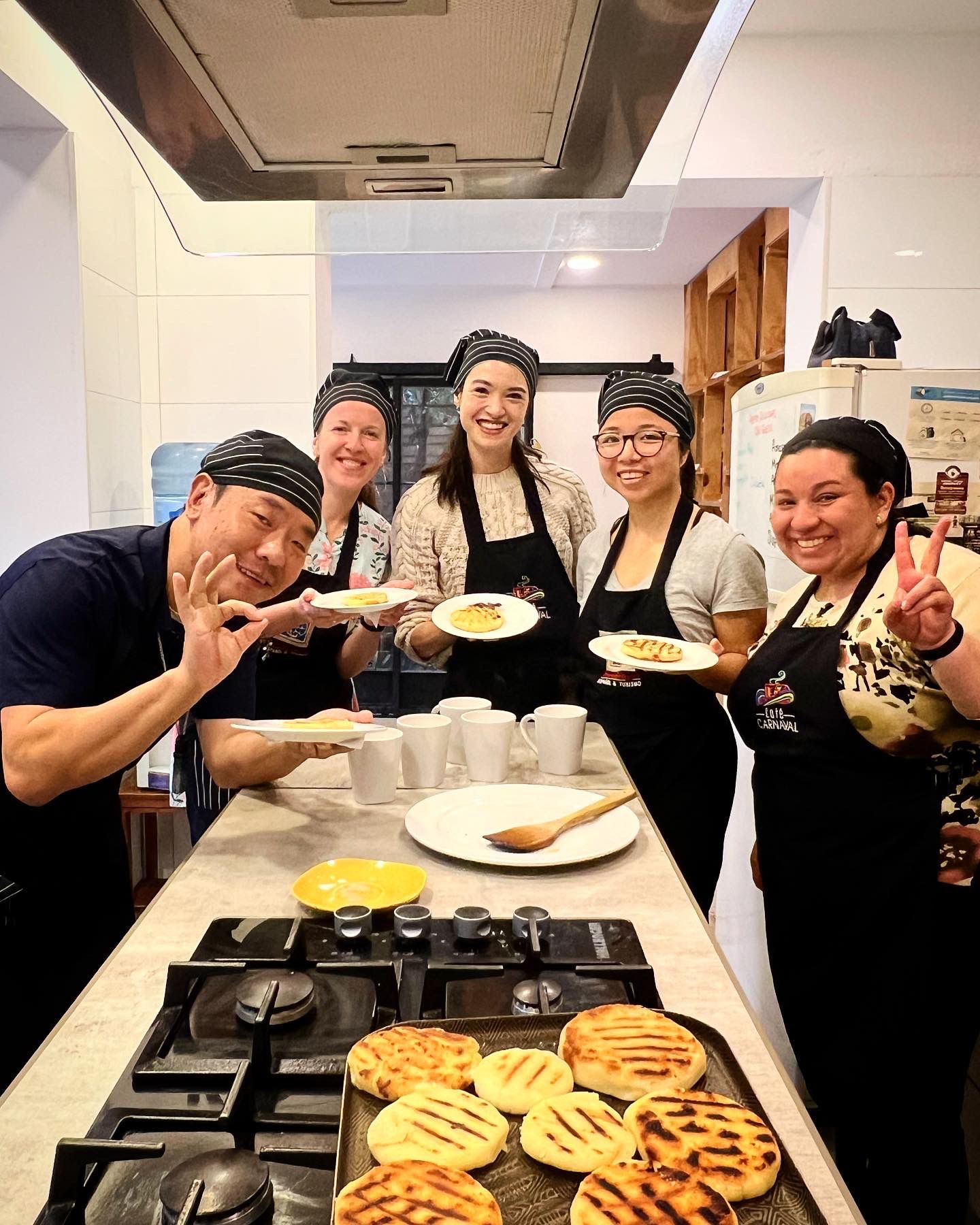
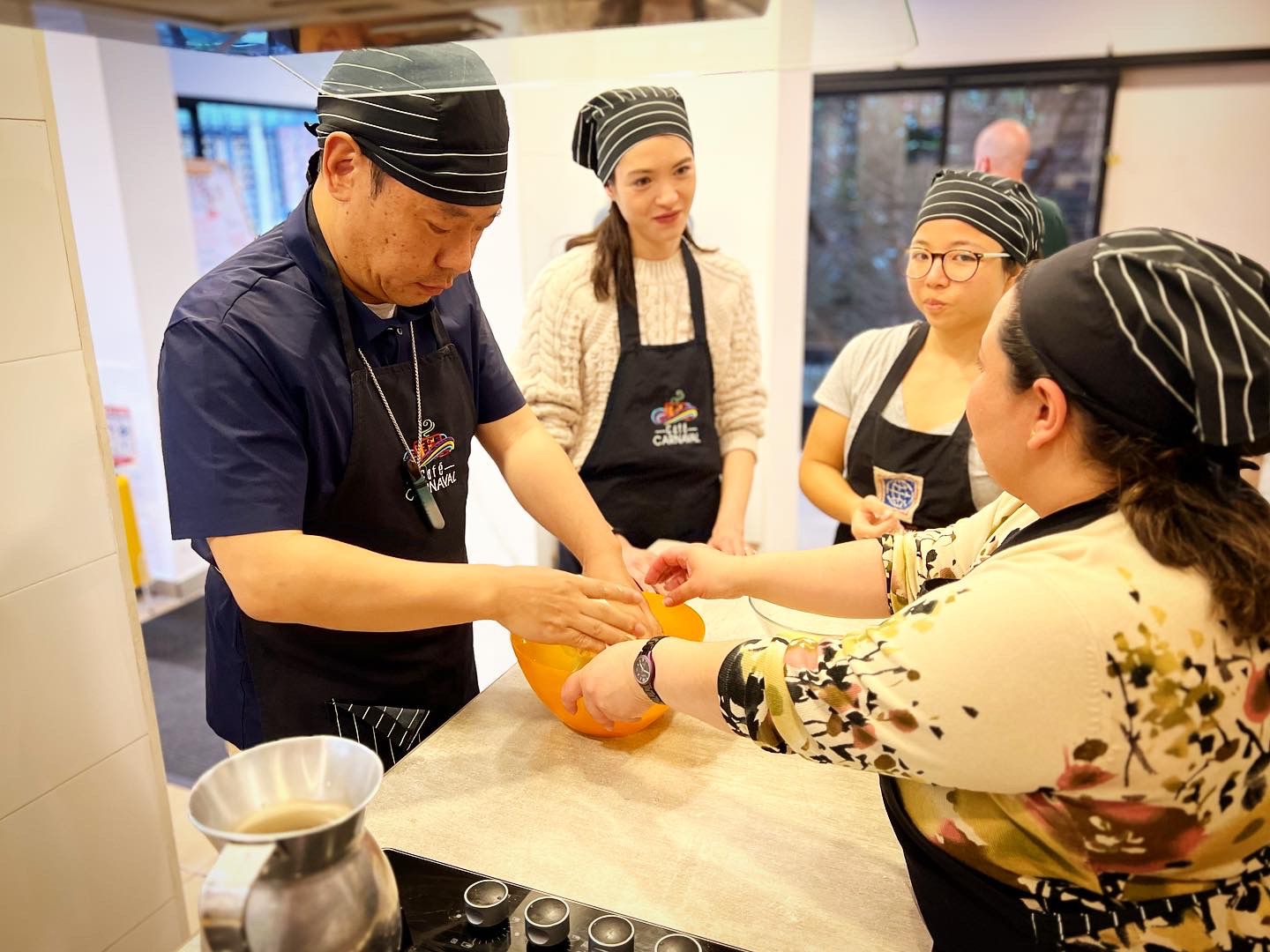
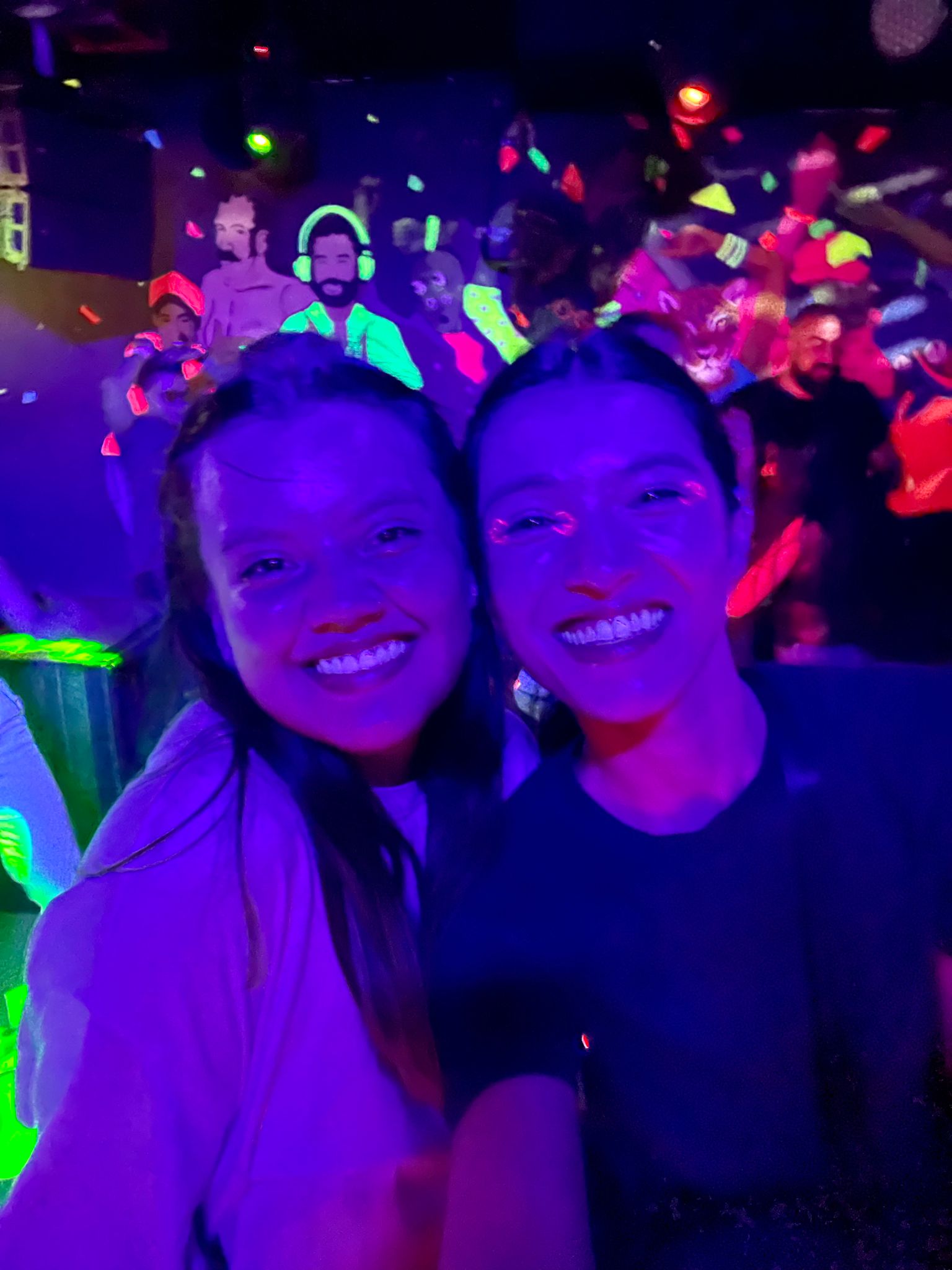
We asked him what he liked the most about learning Spanish, and he told us the pronunciation. “It's hard for me to understand, but I like hearing different accents in Spanish; many sounds are funny to make and I love the combinations of /V/ and /B/”. In her experience, Spanish, like French, are more emotional, sentimental and communicative languages than English.
When talking about school, he told us that he loves being able to study for the joy of learning, and not for a test grade. "You put the pressure and effort you want, which is very cool, it's more fun."
Nueva Lengua it is a space for active learning. We believe that Spanish is not limited to abstract rules and grammar, and we know that direct contact with people is the key.
Come to Nueva Lengua and dare to live different experiences and immerse yourself in the wonders of Colombian culture through its people.
Written by Professor Nicoll – Nueva Lengua Bogota,
All the articles in this blog have been written by the teachers of our school and by students from different countries who traveled to Colombia to learn Spanish.
“You travel too and study Spanish in NUEVA LENGUA"
Follow us on our social networks:
RELATED VIDEOS
MEDELLÍN - GUADUAS

